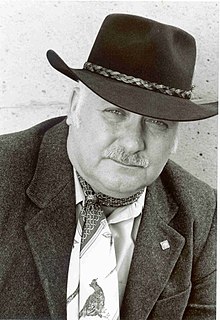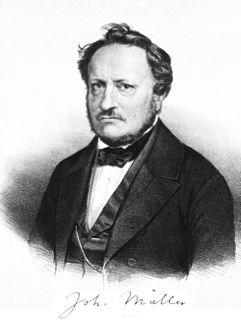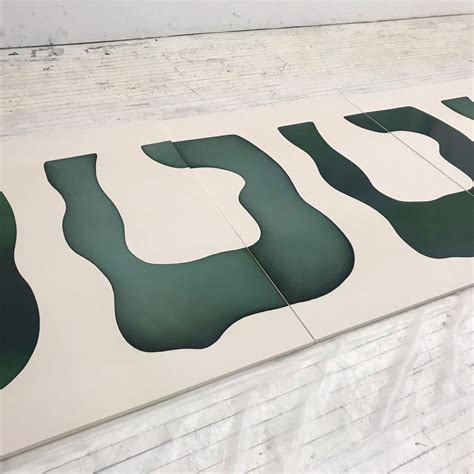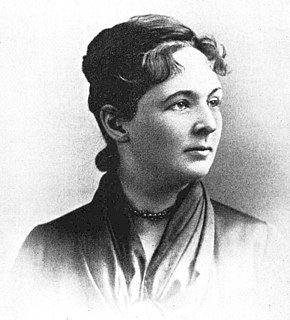A Quote by Leonardo da Vinci
I have found that, in the composition of the human body as compared with the bodies of animals, the organs of sense are duller and coarser. Thus, it is composed of less ingenious instruments, and of spaces less capacious for receiving the faculties of sense.
Related Quotes
The lore of our fathers is a fabric of sentences. In our hands it develops and changes, through more or less arbitrary and deliberate revisions and additions of our own, more or less directly occasioned by the continuing stimulation of our sense organs. It is a pale gray lore, black with fact and white with convention. But I have found no substantial reasons for concluding that there are any quite black threads in it, or any white ones.
As instruments for knowing the objects, the sense organs are outside, and so they are called outer senses; and the mind is called the inner sense because it is inside. But the distinction between inner and outer is only with reference to the body; in truth, there is neither inner nor outer. The mind's nature is to remain pure like ether.
In some exquisite critical hints on "Eurythmy," Goethe remarks, "that the best composition in pictures is that which, observing the most delicate laws of harmony, so arranges the objects that they by their position tell their own story." And the rule thus applied to composition in painting applies no less to composition in literature.
I've got to stop getting obsessed with human beings and fall in love with a chair. Chairs have everything human beings have to offer, and less, which is obviously what I need. Less emotional feedback, less warmth, less approval, less patience and less response. The less the merrier. Chairs it is. I must furnish my heart with feelings for furniture.
On one level, I'm interested in how the space dictates the effect visually - how the composition of a given work changes depending on the nature of each wall. But I'm also trying to emphasize less tangible elements: the amount of time it takes to walk the gallery's perimeter; how one's physical distance affects his or her sense of the overall composition; how the size of the space creates a sense of visual rhythm. It's really a matter of seeing how much structure is necessary to impose for those things to become apparent.
Man was destined for society. His morality therefore was to be formed to this object. He was endowed with a sense of right and wrong merely relative to this. This sense is as much a part of his nature as the sense of hearing, seeing, feeling; it is the true foundation of morality... The moral sense, or conscience, is as much a part of man as his leg or arm. It is given to all human beings in a stronger or weaker degree, as force of members is given them in a greater or less degree. It may be strengthened by exercise, as may any particular limb of the body.
We may say with truth and meaning, that governments are more or less republican, as they have more or less of the element of popular election and control in their composition; and believing as I do, that the mass of the citizens is the safest depository of their own rights and especially that the evils flowing from the duperies of the people are less injurious than those from the egoism of their agents, I am a friend to that composition of government which has in it the most of this ingredient.
There's one uneasy borderline between what is external and what is internal, and this borderline is defined exactly by the sense organs and the skin and the introduction of external things within my own body. Consciousness is altered by physical events and physical objects, which impinge upon my sense organs, or which I introduce into my body. Now the name traditionally given to external objects or processes which change you internally is sacrament. Sacraments are the visible and tangible techniques for bringing you close to your own divinity.







































